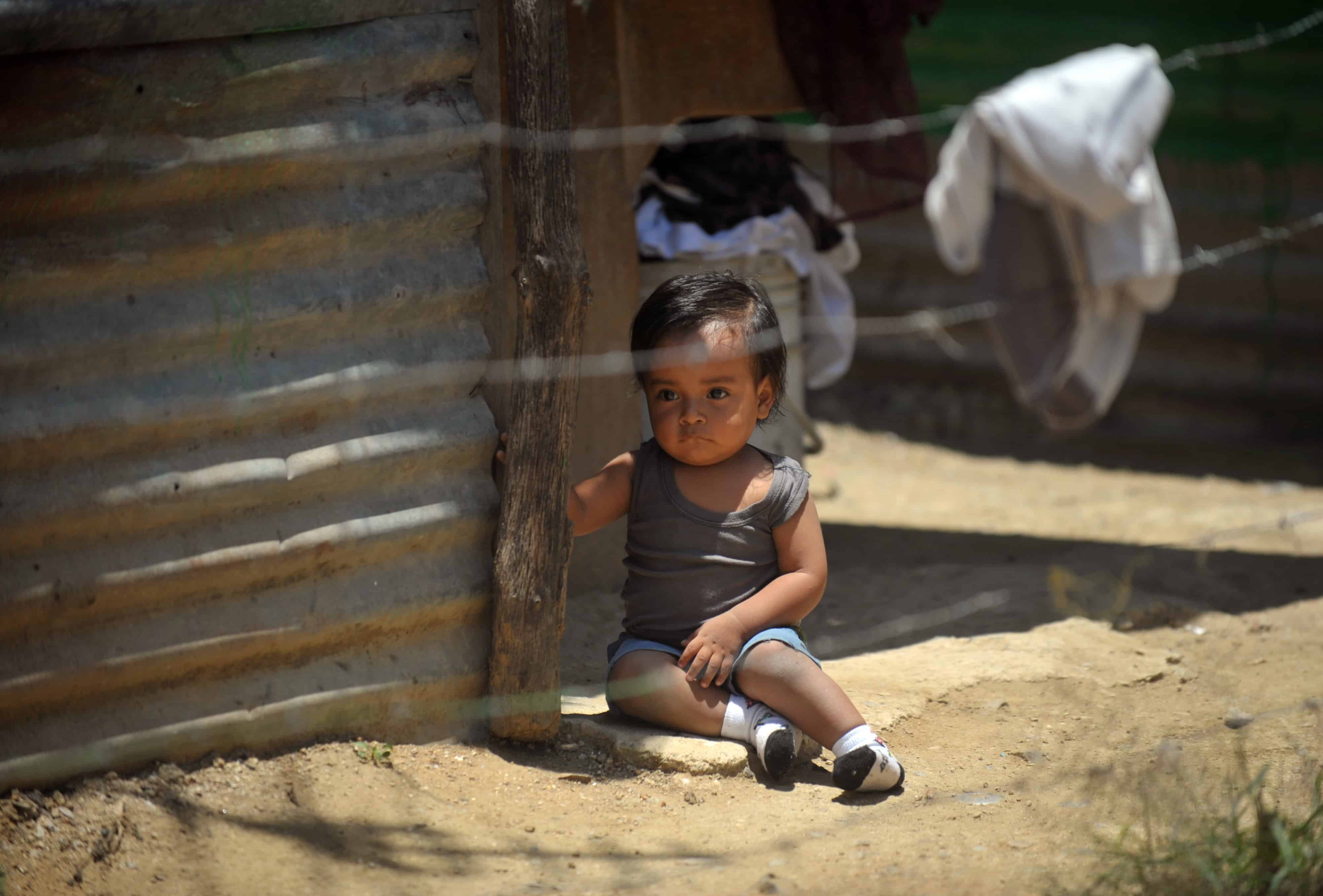President Donald Trump’s freezing of development aid has quickly paralyzed numerous programs in Latin America that rely on US funds to combat drug trafficking, corruption, hunger and inequality, observers and NGOs say. They warn that millions of people will be affected in particular by the dismantling of the US Agency for International Development (USAID), responsible for countless health and emergency programs.
In 2023, USAID disbursed about $1.7 billion in Latin America and the Caribbean, according to information pulled from Foreignassistance.gov, the US government site for foreign aid data. The money was destined for NGOs, public entities and life-saving United Nations programs.
Without it, “there are several programs that will run out of funding. There will be many layoffs and many communities will be affected,” said Juana Garcia Duque, an international cooperation expert at the University of the Andes in Bogota. Colombia, a country plagued by drug trafficking and related violence committed by a panoply of armed groups, has been by far the biggest beneficiary of USAID funds, followed by poverty- and gang violence-riddled Haiti.
While a quarter of funds dedicated to the region have been going to Colombia — in large part to support the implementation of a 2016 peace agreement that saw the FARC guerrilla group disarm — USAID money represented less than one percent of the country’s GDP, according to Garcia.
For several Central American countries, however, the situation is “more difficult because a big part of their economies depends on these external resources,” she added.
Everything is paralyzed
In Peru, where US aid funds “food, anti-drug, employment, environmental, health and democracy programs, NGOs will be forced to restrict projects” if support is withdrawn, said Susana Chavez of the women’s rights body Promsex. In Guatemala, the Lambda LGBTQ+ organization has already had to suspend a sexual health education project, as well as support, treatment and testing for people living with HIV.
And in the Colombian Amazon, deforestation, drug trafficking and illegal mining will increase if funding is lost, Oswaldo Muca Castizo, head of the National Organization of Indigenous Peoples of the Colombian Amazon (OPIAC) said. Young people helped by aid programs would be left without prospects, potentially driving them into the arms of criminal organizations that clear protected forests to grow coca — the main ingredient of cocaine, he explained.
In the northeast of Colombia, in Bucaramanga, the impact of the aid freeze was near immediate. The Entre Dos Tierras (Between Two Lands) foundation helping homeless and migrant people — many from strife-torn neighboring Venezuela — has already had to close it doors.
With nearly 80 percent of its funding coming from USAID, it employed 16 people. All are now out of a job, and the 600 free meals the foundation had distributed every day are a thing of the past. “Everything is paralyzed,” said the foundation’s director Alba Pereira. And the “situation is worsening” in a city that has recently also received a flood of people displaced by guerrilla violence in the nearby Catatumbo area, she said.
US priorities
Analysts say the aid freeze threatens Trump’s main goals of stopping the flow of illicit drugs and undocumented people into the United States. “There are programs of great importance that correspond to the priorities of the US government regarding security, justice and the reduction of migration drivers, which are mainly economic,” said Luis Linares, an analyst at Guatemala’s Association of Social Studies and Research (ASIES).
A withdrawal could also tilt the region towards donors such as China, a geopolitical foe whose growing influence in Latin America Washington is eager to counter. Despite the millions that rely on it, the presence of USAID has not been uncontroversial in the region. It is seen by some governments, such as that of El Salvador, as an extension of American interventionism.
In Mexico, President Claudia Sheinbaum and her predecessor Andres Manuel Lopez Obrador have accused the agency of financing “opposition groups.” “If there is to be aid, then it must go through other channels,” Sheinbaum, who is in favor of the agency’s closure, said recently.






